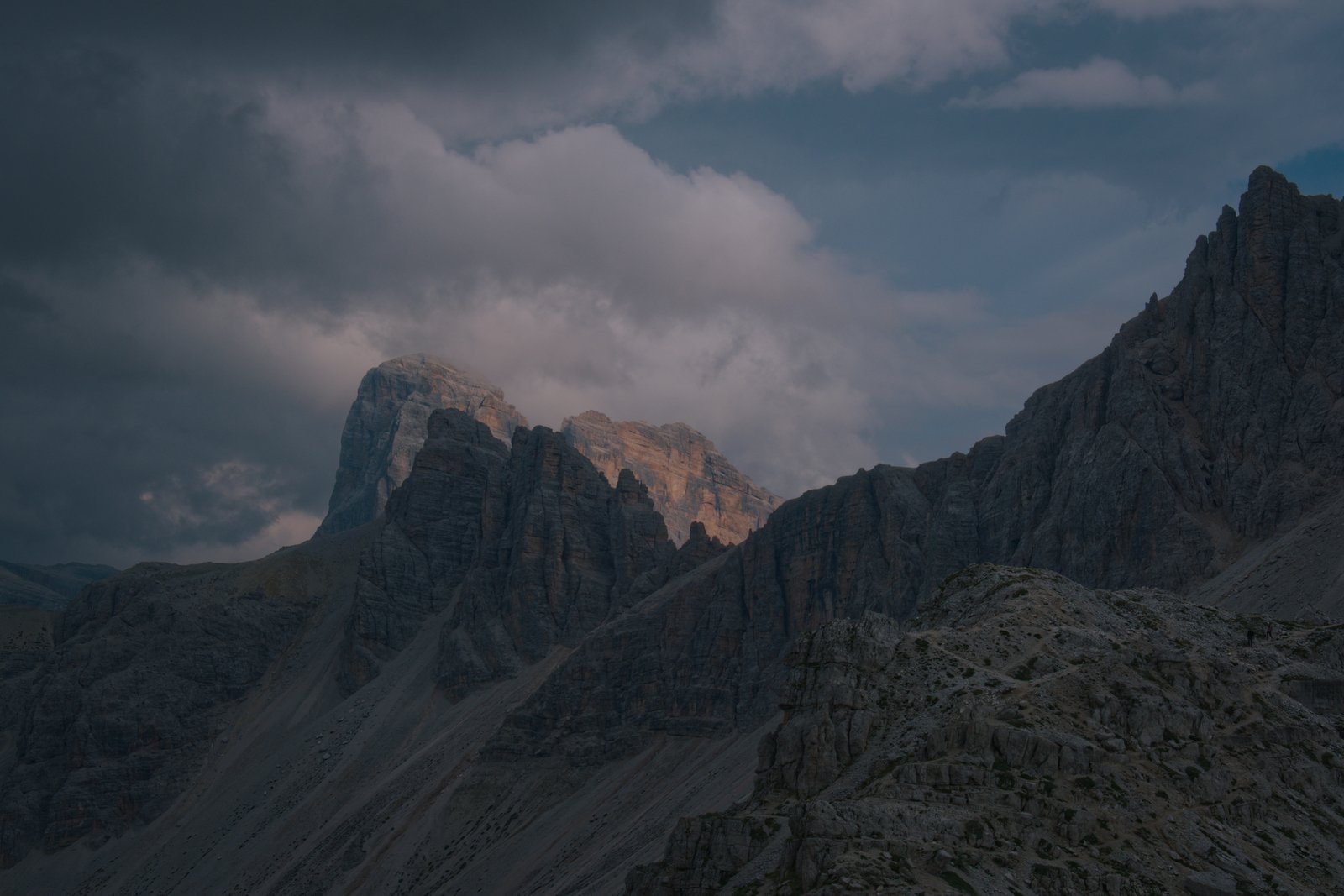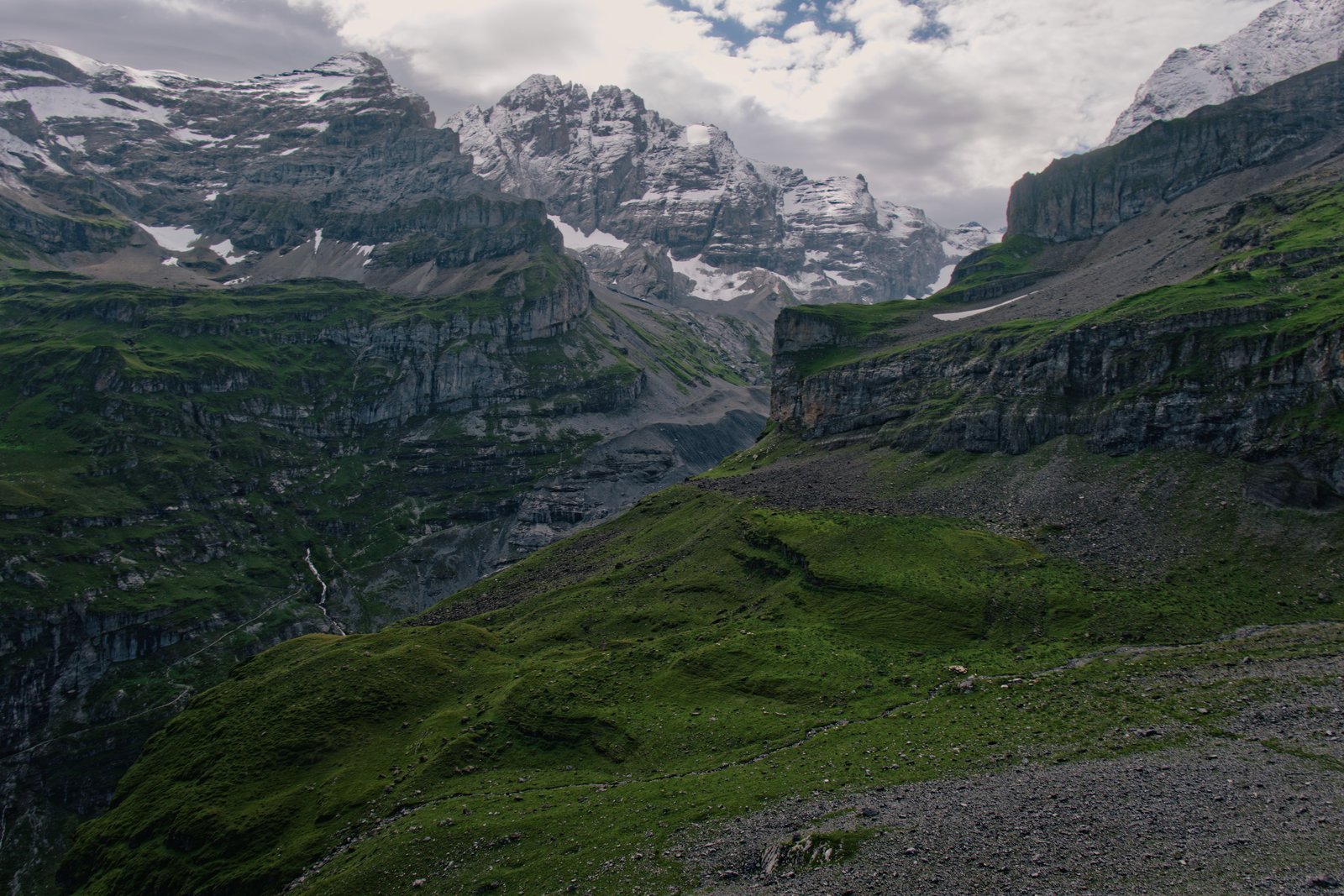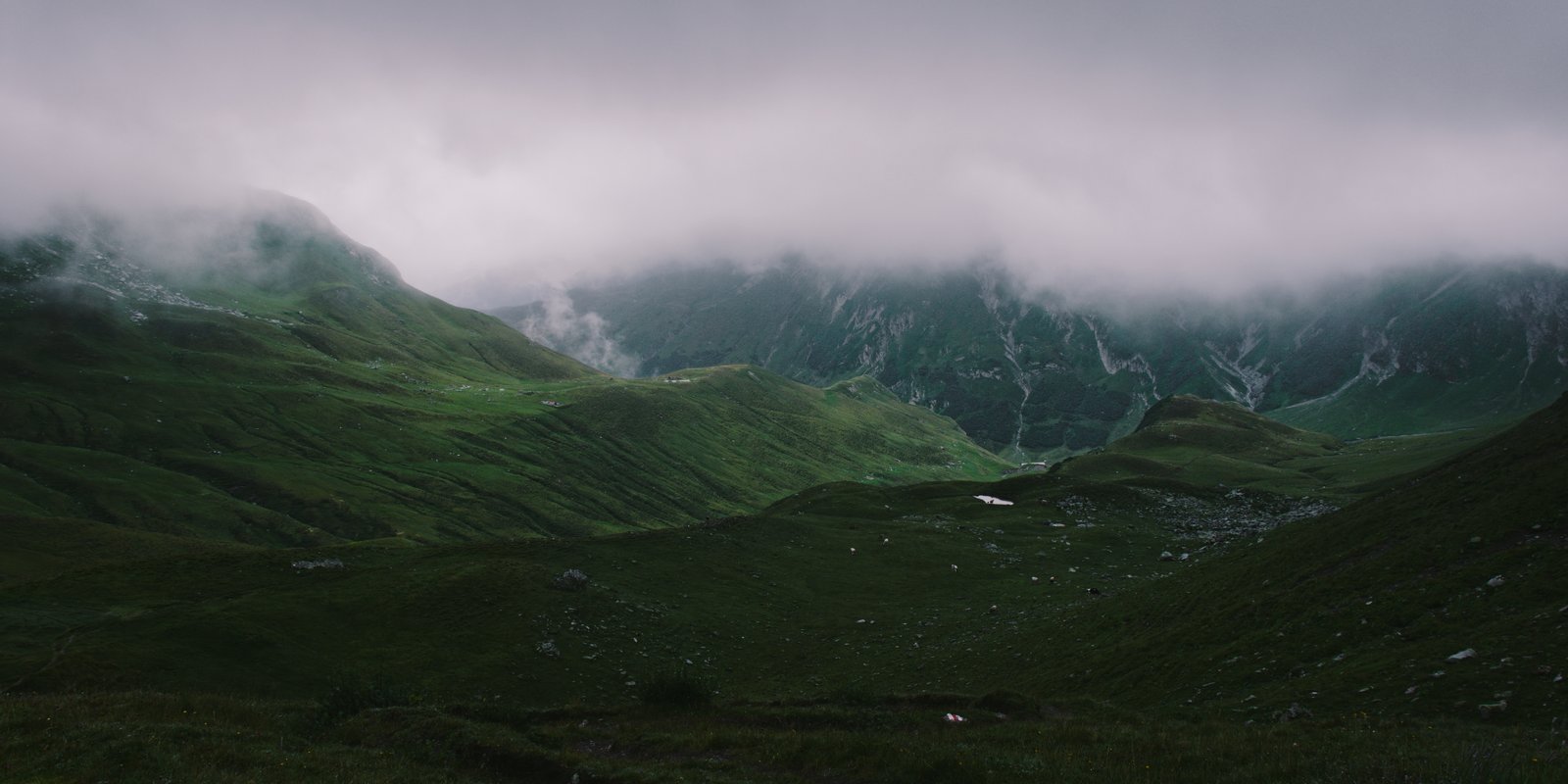Into thin air

Jon Krakauer’s Into Thin Air, 1997, gives me title envy.
I haven’t even read it, but as a title it’s exquisite.
Today I think all of my words must have vanished Into thin air.
I felt in perfect control and knew the thrill of seeing the ropes from my waist curl down through empty space. I was as light as the air around me, as if I were dancing on tip-toes, relaxed, measuring every movement and seeking a complete economy of effort. Speak with your eyes, speak with your hands, let it all flow from your heart. True communication, true communion, is silent.
— Pete Boardman, The Shining Mountain: Two Men on Changabang’s West Wall, 1976
Cheers Pete, that’s liberating, the bit about true communication being silent. By Thomas’ way of thinking, this makes me a writer,
A writer is someone for whom writing is more difficult than other people.

I’ve been dreaming of the mountains again this week. I’m as happy as a lamb here in Vancouver but still, in quiet moments my head wanders up to peaks past. When my head succumbs to distraction I yearn for summits, for action.

Yesterday I was chasing down a quote that gets attributed to George Mallory,
It is of no use. What we get from this adventure is just sheer joy. And joy is, after all, the end of life.
I don’t mind this one. It feels true, authentic in a way that much of what he said, so caught up in his own mythology, did not.

The quote of his that bothers me most is that one that is trotted out so often, given in answer to a reporter asking why we’re drawn to climb mountains,
Because it’s there.
Maybe it did reflect his true belief, but I have a hard time believing that, I think it was merely meant to sound good. I can’t reconcile that glib answer with anyone who gave that much to the mountain.
Diane Roberts spoke truer,
I think those who write about climbing have made it appear that climbers have more of an attitude of conquest than they really do. Probably the general public has that attitude more than people who really climb. I don’t think that sort of conquest, of subduing a mountain, is accurate. It’s more like Pogo’s attitude: “We have seen the enemy and they is us.” That we vanquished an enemy, none but ourselves.
Have found myself talking a few times lately about that link between a pre-disposition to depression and thrill seeking. With Ken and Kyle up at the cabin, with Avvai here in Vancouver. I use Alex Honnold as an archetype of that, of whatever that feeling is that can only find sanctuary in the sky,
In 2022, a German-Austrian psychiatric survey of alpine club members seemed to support this idea that the uphill impulse might be forged in neurosis. Of people who self-identified as regular or “extreme” mountaineers, those with preexisting psychological disorders were also more likely to push their climbing to extremes. Participants with experiences of anxiety or depression, high levels of stress, or with histories of eating disorders, obsessive-compulsive behavior or alcohol and drug abuse, tended to report climbing harder for longer. They took greater risks and were more intent on “sensation-seeking.” Although the study fell short of establishing the causal direction, the authors speculated that subjects may have been using excessive mountaineering as a form of “self-therapy.”
It’s contentious to suggest that these observations may signify a correlation between a desire to ascend and a penchant for self-destruction. Conjectures about the Freudian “death drive,” the idea that there exists within everyone a bodily instinct to return to a state of quiescence, would seem to contradict the much-documented pleasure that so many of us derive from mountain encounters.
What does seem more universally applicable is that one part of the highlands’ allure lies not in what the mountain is — but what it is not. In contrast to the lowlands, so utterly reshaped by society, the mountains permit only visitation. We covet them precisely because they resist our dominion. Sentinels of geological time, the peaks are often seen to embody a reassuring impassivity, aloof to the human ants playing in their shadow. Elevation, danger, sensory abundance: All of these facets of mountain country cultivate an aura of remoteness. Ascent is also departure. The mountain, in other words, is a place to regress, a sanctuary in the sky.
— Henry Wismayer, The Unending Allure Of High Mountains, Noema, 2024
